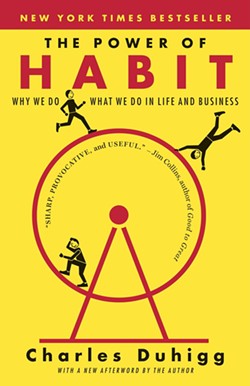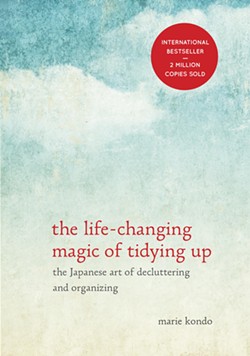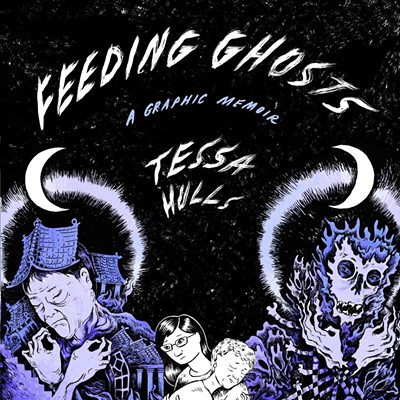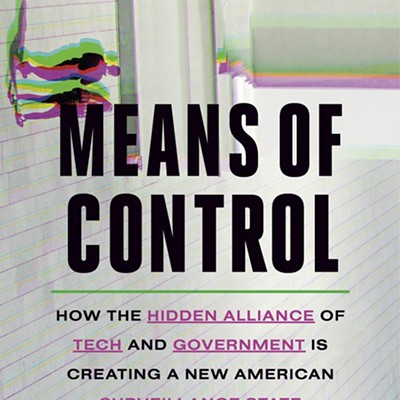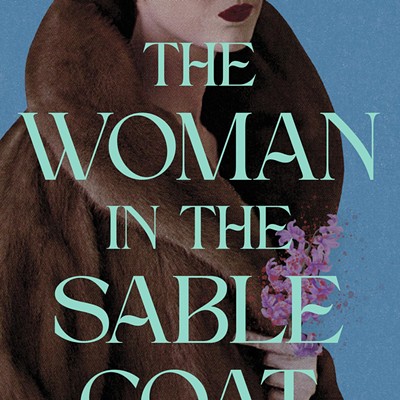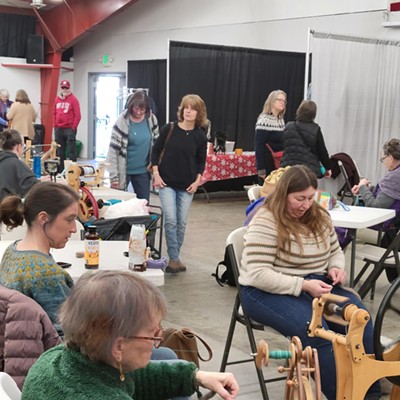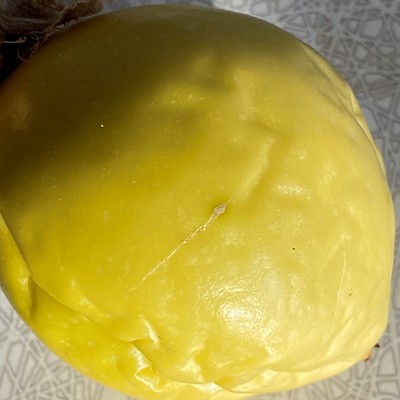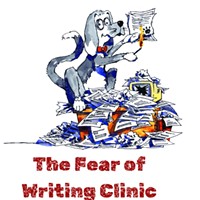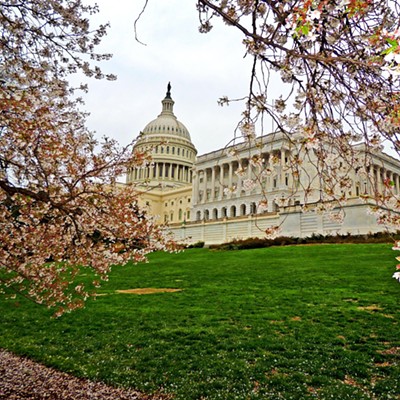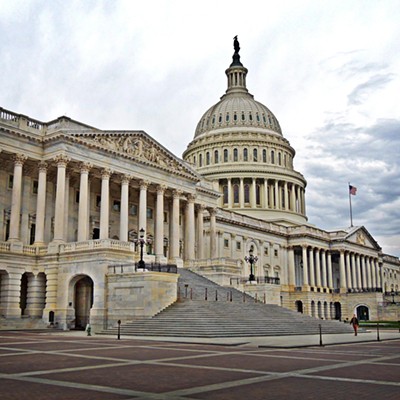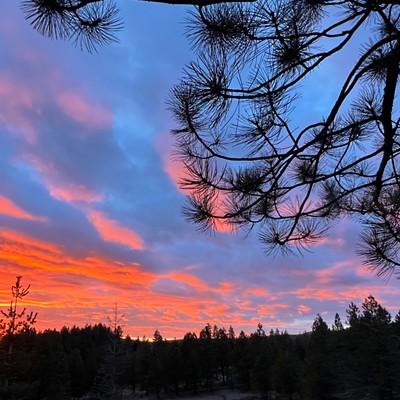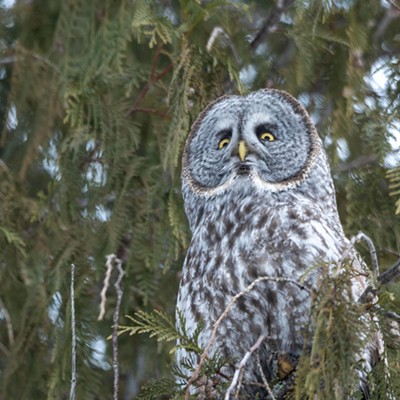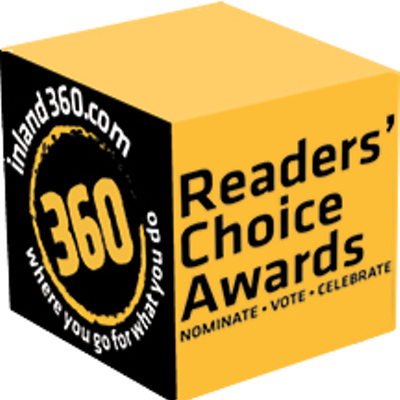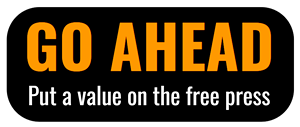I’d guess that every book I’ve read over the years has shaped me in some way -- some more than others.
But it’s the rare book that leaves a lasting effect on my everyday life. Since some of us may yet be itching to make this year even better than the last, here are a few books that left a lasting impression on me:
“The Power of Habit” by Charles Duhigg
This book is how I accidentally started running.
No, it’s not about running, I don’t think running is even mentioned. Rather, the book explores the psychology of habits through the cycle of cues, routines and rewards. The idea is that if you know how habits work, it’s easier to create or break them.
For example, the author wanted to get in better shape, so he created a habit of doing push-ups after using the bathroom (with exceptions for public restrooms). The cue was using the bathroom and the routine was push-ups, the number of which was intentionally low enough that it was easily achieved every time. Before long, he was doing more than required, getting dozens of pushups in during a day without even thinking about it.
He used the same idea to break his daily habit of heading to the cafeteria for a couple cookies. He figured out that the cue was the time of day and that the reward it provided was social interaction -- not satisfied hunger, movement or sugar. By setting a reminder just before late-afternoon to socialize a bit, his “craving” was satisfied without the additional calories.
I already had a daily walking habit in place when I started reading this book. I was getting a bit bored, but I’ve never been a runner and it seemed like too much work. Just to see what might happen, I established a cue (a specific house on my regular route) and always-doable routine (five minutes of running) on my walk. For a few months, that’s all I did. But one day I was in a hurry and ended up running a bit longer. And then I started running longer most days. The 5-minute goal has never changed, but the habit has had me running around 15 miles a week for nearly three years without ever “trying.”
I still have plenty of bad habits to address and while the book never claims to be habit cure-all, the insight it provides makes success seem a bit more possible.
“The Life-Changing Magic of Tidying Up” by Marie Kondo
I love to clean stuff out and throw things away, so for the longest time I insisted that I didn’t have any use for this book.
But then a friend started talking about it and by the way she talked, I could tell she was looking through a different lens. So, I got curious.
This isn’t just a book about tidiness and simplicity. It makes a connection between the clutter outside of us and the clutter inside. The things that we hold onto, Kondo says, often represent an attachment to something in the past or fear about what is to come -- neither of which bring joy to the present.
The book helped me see why I was holding onto so much stuff. I was holding onto clothes because I felt guilty about wasting money on them or because I was hoping I’d fit into them again someday. So, I thanked my clothes for teaching me I don’t look good in that style and got rid of the guilt the other ones had burdened me with. Asking “Does this spark joy?” -- ridiculous as it felt -- ended up being a better question than “Do I still want this?” or “Will I use this again someday?”
This is a “doing” book as much as anything. The concepts are simple and explained with a sort of lightness I found refreshing. I started following her system, working through clothes, books and papers. That’s about as far as I got, but even that made me feel great.
I can’t say I embrace the system entirely -- and even the parts I do agree with, I practice badly. But it gave me a technique to clean and organize -- my house, my life, my brain -- more effectively. It also helps me make better decisions when buying things.
“The Teenage Brain” by Frances E. Jensen
I won’t say exactly what it was that caused me to seek out this book, but if you know the ages of my kids, you can probably guess.
Written by a neuroscientist, this book explains why teenagers don’t always make great choices, get emotional and do crazy things -- it’s because of their brains, guys; it’s not entirely their fault.
I learned that the common-sense, decision-making part of the brain is often not fully developed until the age of 20. So, expecting someone younger than that to show good judgement at all times is, well, just not rational. And the tension between us and them? It’s because they’re partly adult in their brains. But since they’re also partly not, they still need you around to parent them.
This book is why I give my kids certain privileges and not others. It’s why I engage as they make decisions, even when it drives us all crazy. It’s why I don’t get (as) mad when they do dumb things. It’s why I limit video games and screen-time. It’s why I want to help them learn things, take trips and do fun stuff with them while they’re in this tiny window of time where their brains are their strongest and most absorbent.
And, because they know the reasons I’m doing all this stuff, they seem more open to it. Even when they don’t like it.

